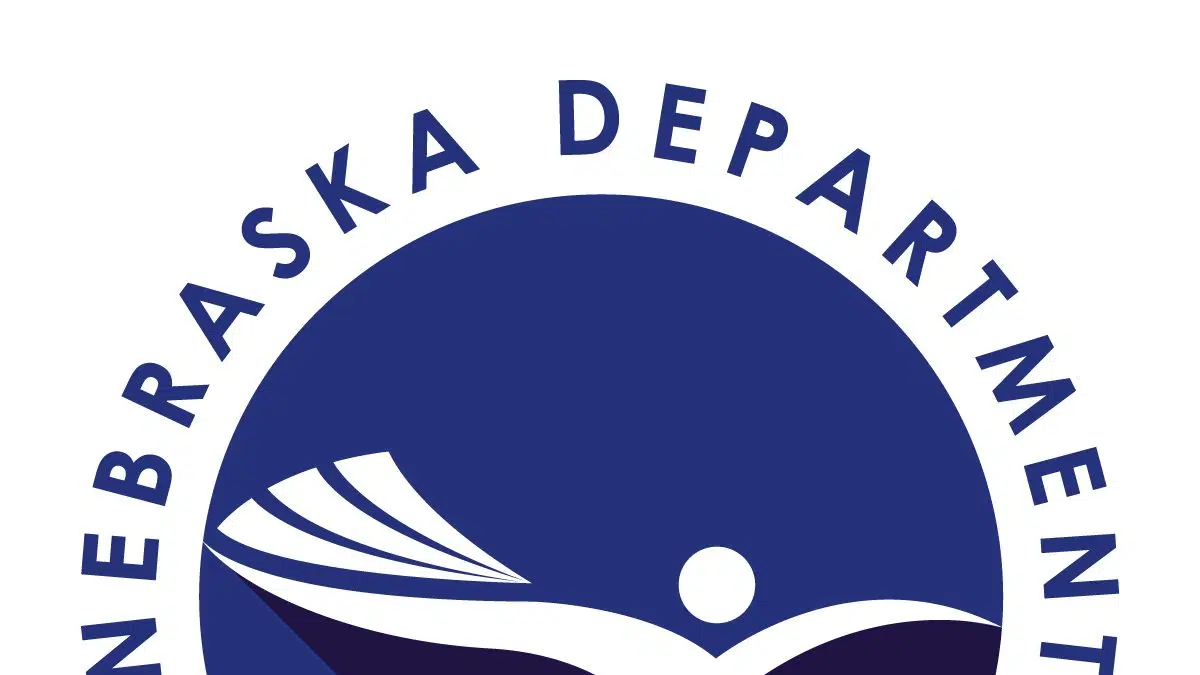The Nebraska Department of Education has recently released the initial draft of proposed revisions to Nebraska’s College and Career Ready Standards for Science. These standards are currently being reviewed by the public in order to gather diverse perspectives and ensure that they adequately reflect the needs of students and educators. According to Nebraska state law, these standards for reading, writing, mathematics, science, and social studies must be updated every seven years. The current science standards were approved in 2017, covering the science requirements outlined in the law.
Nebraska’s framework for science education is established by the State Board of Education once the standards are approved. A team of educators from various educational levels, including pre-kindergarten to postsecondary, as well as both public and non-public schools, worked together to develop the initial draft of the proposed science standards. The approval process for these standards is expected to be completed in the fall of 2024.
Content area standards in Nebraska outline the knowledge and skills that students should acquire in a specific subject area. By establishing clear learning benchmarks, these standards offer guidance to teachers as they design educational experiences that align with student learning needs. It’s important to note that standards do not dictate specific curriculum, teaching methods, or activities; those decisions are made locally by school districts and individual teachers.
Members of the public are encouraged to review the proposed draft of the science standards and provide input through a public input survey or via email (nde.sciencestandardsinput@nebraska.gov). The public input survey will remain open until May 30, 2024. Your input is valuable in shaping the future of science education in Nebraska, so make sure to share your thoughts and insights on the proposed standards.


